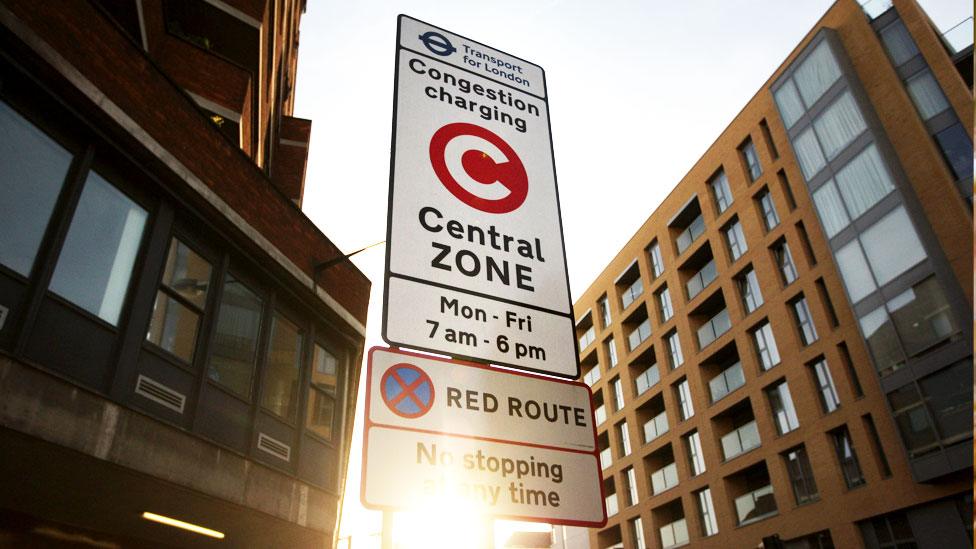Capita Army recruitment delays: 'I felt I had given up my dream'
- Published
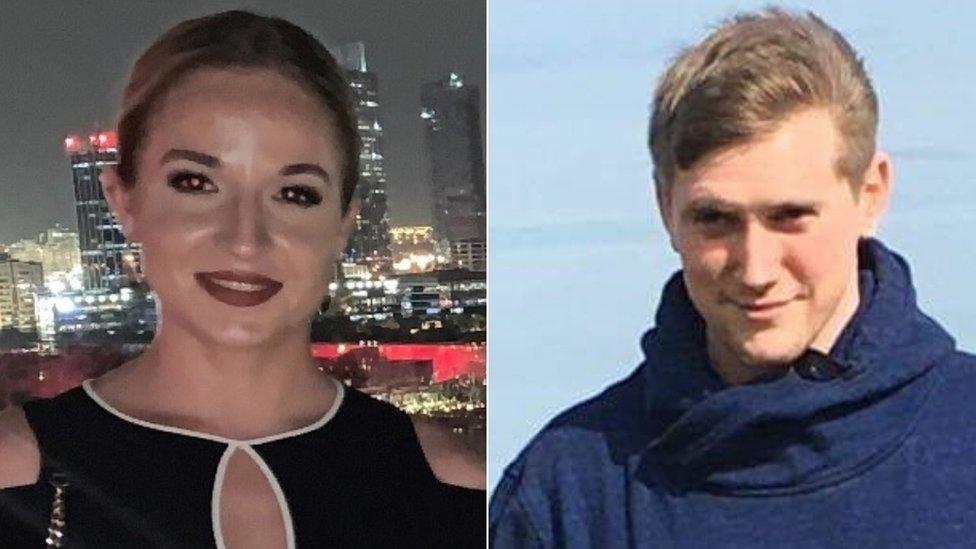
Chloe Burdett and James Tyson
The Army needs another 5,500 troops to reach its target for a fully-fledged force.
But after giving a £495m recruitment contract to outsourcing giant Capita, the time taken from application to basic training has run as long as 321 days.
Some 47% of applicants drop out during the process - and the Army and Capita believe the length of time is a factor.
Here, three people share their tales of delay and disappointment.

James Tyson, from Liverpool, dreamed of being in the Army and took inspiration from a number of places, both moving and tragic.
"I remember going walking up in Scotland and the RAF doing a flyover when we were on the Munro mountains," says the 27-year-old.
"I was drawn to it and the armed forces from there. But it was losing a close friend and their family when Flight MH17 was shot down over the Ukraine that spurred me on.
"When you see people are being killed for no reason, it drives you, and it made me want to change the world and make it a better place."
He spoke to his brother-in-law, who was also in the forces, and hoped to follow in his footsteps, travelling the world and using state of the art technology for intelligence gathering.
But he says the issues started "from day one" when he began his application in 2017.
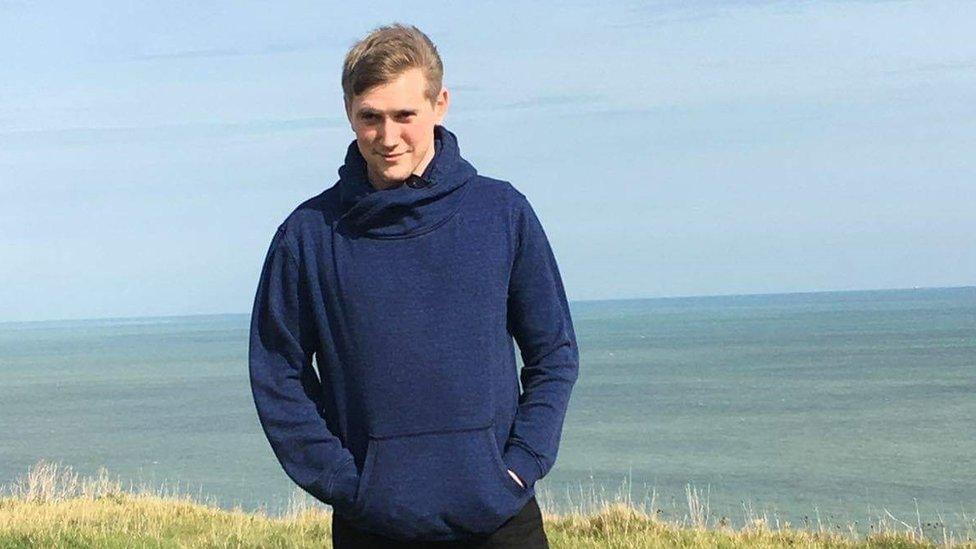
"The website looked clean and modern, so I felt reassured when it first began," says James. "But then there was delay after delay, starting with my education certificates.
"I have a background in sales and I am quite pushy, so I would chase and chase to get problems sorted, but it would take around a month for a response from anyone and it was a different person dealing with your inquiry each time.
"I didn't realise it was Capita and just thought the Ministry of Defence was an utter shambles."
It all came to a head when the company lost James' data and said he would have to set up a new online account to update his details.
"I had done everything they asked," he says. "I couldn't believe it."
So, after 18 months of frustration, he turned his back on the process and got another job.
"It felt as if I had given up on a dream," he says.
"I had always had an idea of what my life would be like and had never stopped imagining it.
"I had told all of my family and friends of my plans as I was proud to talk about it, but that meant I felt not only had I failed, I had let them down."
'I can't keep being in limbo'
Chloe Burdett from Essex was inspired to apply to the Army by a friend already living the life.
The 21-year-old wanted to go in as an intelligence officer, making use of the photography degree she had completed in the summer.
"For me it was all about the lifestyle," she says. "After my degree, it seemed like the natural step."
But six months on from starting her application, she is still waiting to join.

"I started my application in June and that first bit seemed quite easy, but almost every day I am being asked to fill out a different form," says Chloe.
"There was one for how many piercings you have, one for how many tattoos you have... then you get phone calls from so many different people, with some just asking if I am still interested. It's tiring."
It took her almost four months to get her GP to send over her medical records, and when they did, the Army lost them, so she had to start that process again.
She has had to get another job in the meantime to pay the bills, while staying close to home so she can keep going to the gym to maintain her fitness.
"I have to save holiday leave in my job, as to apply to be an officer there are five days of assessments," she says.
"It got to the point where I thought, 'I may as well book that holiday or I'll lose it'."
Chloe is still pursuing the process but says she can see why people give up.
"You think to yourself, 'this is not going anywhere'," she says.
"It really makes you think is it really worth it as I put so much of my life into it. I am still trying, but there will come a day where I can't keep being in limbo."
'The system is outrageous'
One officer who contacted the BBC said it took him 16 months to go from application to swearing his oath to the Queen.
Asking to remain anonymous, he said: "The current system is outrageous.
"Fortunately I'm now in my first term of training but it's not just the wait times - they make critical errors."
He described how some close friends had been told they could not do the job they wanted for medical reasons, despite being told a month before they had the all-clear.
"Recently one friend got told they couldn't become an engineer because their colour perception wasn't up to the desired standard," he says.
"They later found out this was an mistake in Capita's own system. Her eyesight was at the correct grade all along."
A former employee of Capita also got in touch with the BBC to say they were "ashamed" they had worked on the team responsible for the Army recruitment website.
"I didn't last long because I could see pretty quickly it was doomed to fail," he says.
An Army recruitment advert, which focuses on men being allowed to show their emotions
A Capita spokesman said that both they and the Army "underestimated the complexity of this project".
It said the contract had been "overhauled" and they were "already seeing improvement."
He added: "Our focus is now on working with the Army to deliver a recruitment process fit for the 21st Century."
An Army spokesman added: "Working with Capita we have put in place a plan to address the challenges."
He said a new range of measures had been introduced to reduce time between applying and starting training.
- Published14 December 2018
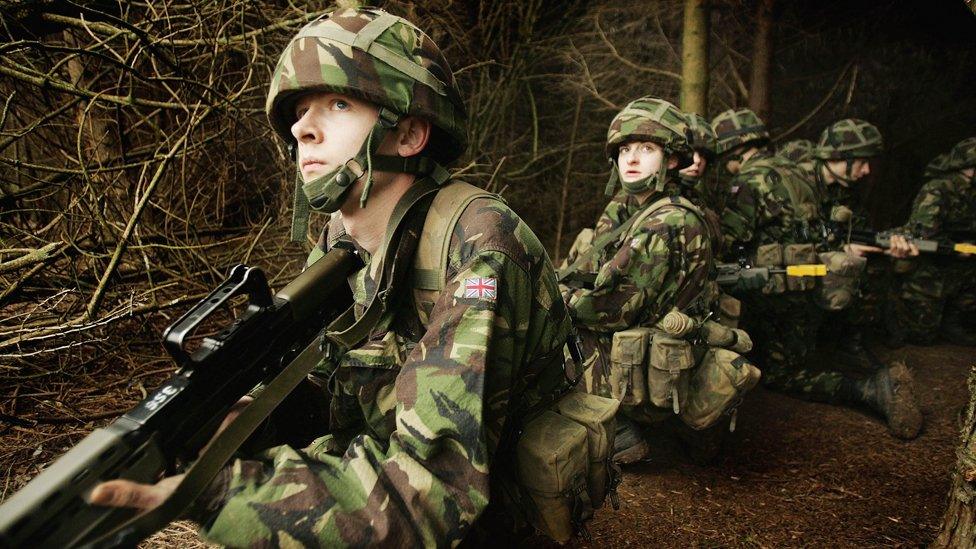
- Published19 February 2018
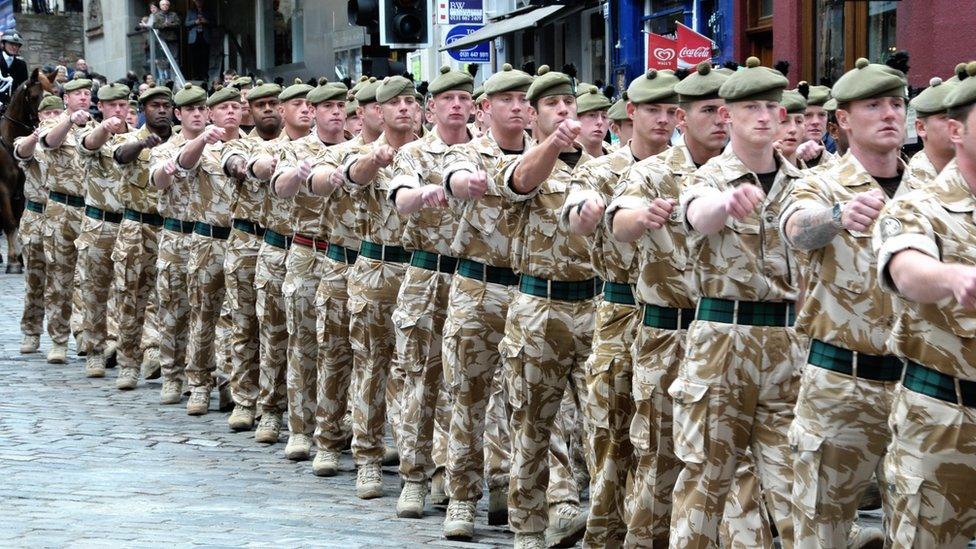
- Published31 January 2018
